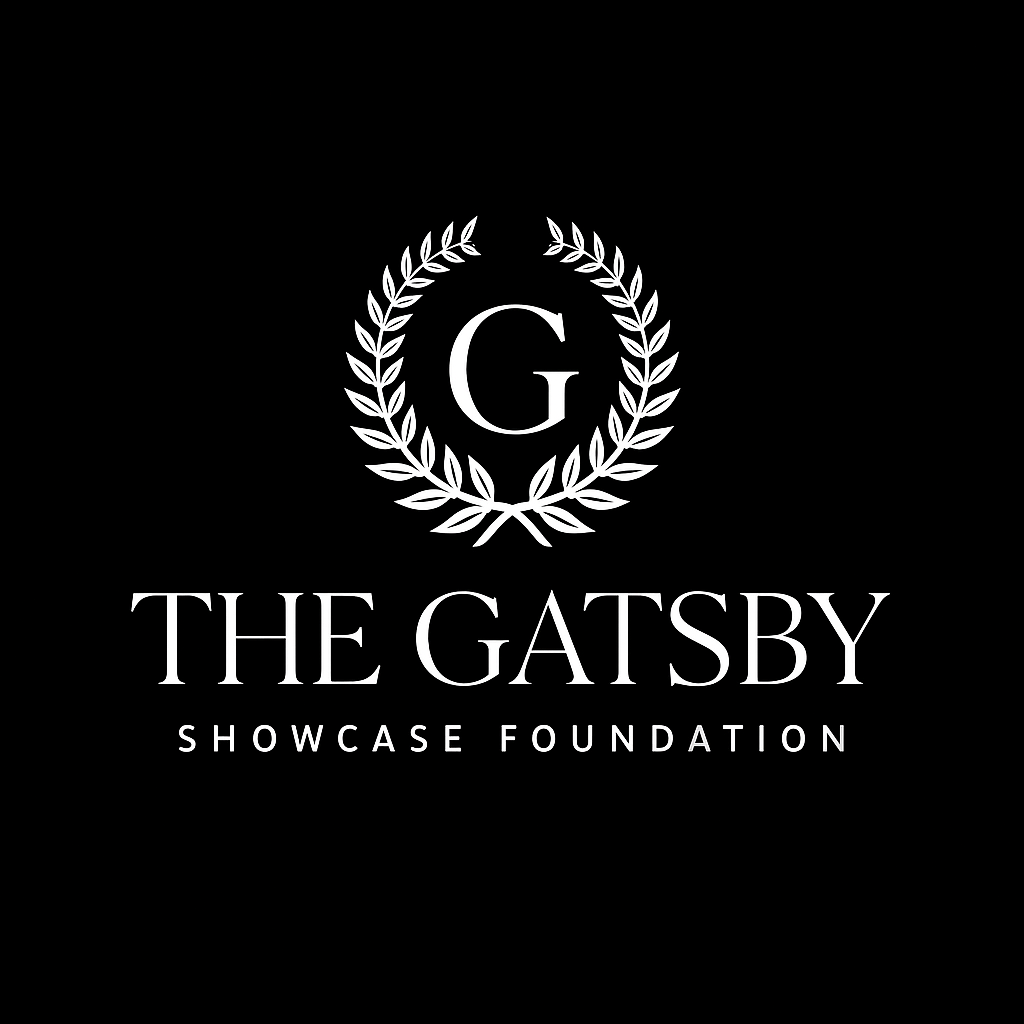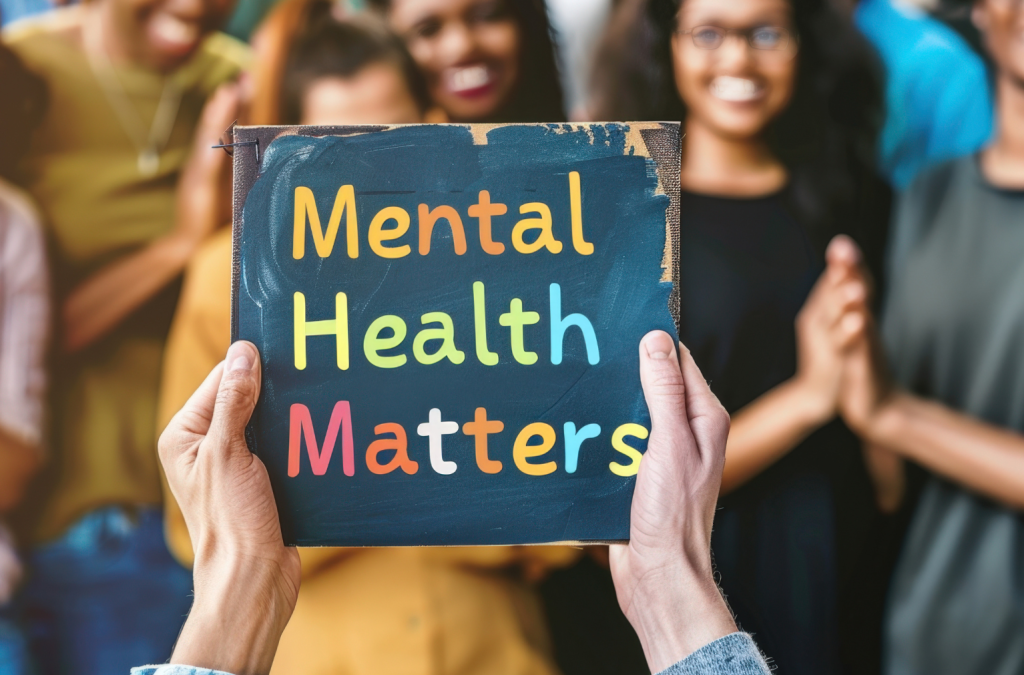Why It Matters
Mental health is just as vital as physical health—but for too long, it’s been pushed to the margins.
In August, we shine a spotlight on mental well-being, stigma reduction, and equitable access to care.
1 in 5 adults and 1 in 6 youth in the U.S. live with a mental health condition.
Yet, nearly 60% of them receive no treatment at all.
Why?
The barriers are deep and layered:
-
Stigma and shame
-
High cost of care
-
Cultural disconnect
-
Insurance gaps
-
Shortages in providers
-
Systemic discrimination
At The Gatsby Showcase Foundation, we believe that healing starts with awareness, compassion, and access—and that mental health equity is not optional. It’s essential.
Mental Health by the Numbers
-
Nearly 50 million U.S. adults experienced a mental illness in 2023 (Mental Health America)
-
Suicide is the 2nd leading cause of death for ages 10–34
-
1 in 10 youth experiences serious depression that impairs daily functioning
-
Over 160 million Americans live in areas with a mental health professional shortage
-
Black & Latino adults are 50% less likely than white adults to receive mental health services
-
Asian Americans are the least likely ethnic group to seek treatment
-
Rural communities face some of the highest suicide rates in the country
The Power of Stigma and Cultural Silence
In many communities—especially Black, Brown, and immigrant families—mental health is misunderstood or pushed aside.
-
Emotional struggles may be labeled as weakness or spiritual failure
-
Vulnerability is discouraged, especially for men, elders, and youth
-
Families often “pray it away” or minimize signs of distress
Stigma isn’t just uncomfortable—it’s dangerous.
It keeps people from seeking therapy.
It forces parents to stay silent.
It leaves employees suffering alone.
And in too many cases, it becomes deadly.
A Real Story: Janelle’s Turning Point
Janelle, a 19-year-old freshman in Prince George’s County, was drowning in stress.
Balancing school, work, and silent anxiety, she lost sleep, weight, and her sense of connection.
“In my family, you don’t talk about stuff like this,” she said. “You pray and keep it moving.”
That changed when a school counselor hosted a trauma workshop for communities of color.
Janelle recognized herself in the discussion—and bravely reached out for help.
She began therapy.
She learned to set boundaries.
She rebuilt her life.
“It saved my life,” she said. “I thought I was broken. But I was just overwhelmed. I needed someone to see me, hear me, and walk with me.”
Now, Janelle leads a student mental health awareness group on campus.
This is what equity looks like.
What Needs to Change
To build a just and healthy society, we must:
-
✅ Normalize help-seeking – Mental health checkups should be routine
-
✅ Invest in community-based care – Mobile clinics, faith-based, and culturally rooted services
-
✅ Train culturally competent providers – Language, values, lived experience matter
-
✅ Promote trauma-informed care – Especially for those impacted by poverty, racism, and violence
-
✅ Expand school-based mental health – Early support prevents crisis
-
✅ Embrace telehealth & crisis lines – Tech bridges the access gap
-
✅ Ensure insurance parity – Mental health care must be covered equally
-
✅ Listen to youth voices – They are leading the movement with courage
DMV Mental Health Resources
Local Support Lines & Tools:
-
DC Behavioral Health Access Helpline – 1-888-793-4357 (24/7)
-
Maryland Network of Care – Visit site »
-
NAMI Northern Virginia – Visit site »
-
Children’s National Psychiatry PAL Line – Visit site »
-
Teen & Young Adult Crisis Text Line – Text HOME to 741741
National Mental Health Resources
-
988 Suicide & Crisis Lifeline – Call or text 988
-
Mental Health America – Visit site »
-
National Alliance on Mental Illness (NAMI) – Visit site »
-
The Trevor Project (LGBTQ+ Youth) – Visit site »
-
Therapy for Black Girls – Visit site »
-
Latinx Therapy – Visit site »
Final Thoughts: Healing Requires Equity
Mental health is not a luxury it’s a human right.
We cannot achieve true health equity until mental health is addressed with the same urgency as physical health.
Healing happens when we replace:
-
Silence with connection
-
Shame with support
-
Isolation with hope
This August and every month let’s be bold enough to talk about mental health.
To listen. To reach out. To believe that no one should suffer alone.
Dr. Bertrand Fote, MD, MBA, FACEP, CF²
Health Equity Advocate & Mental Health Champion

